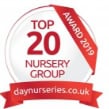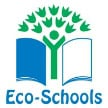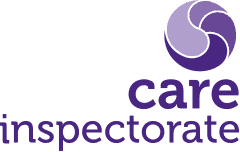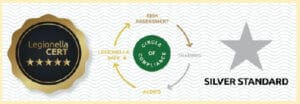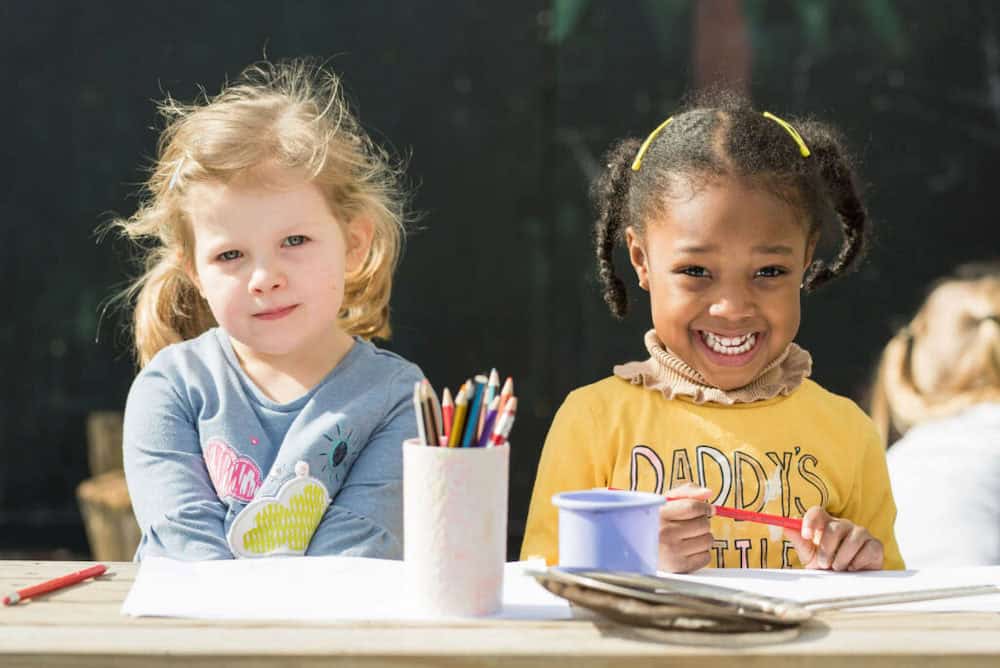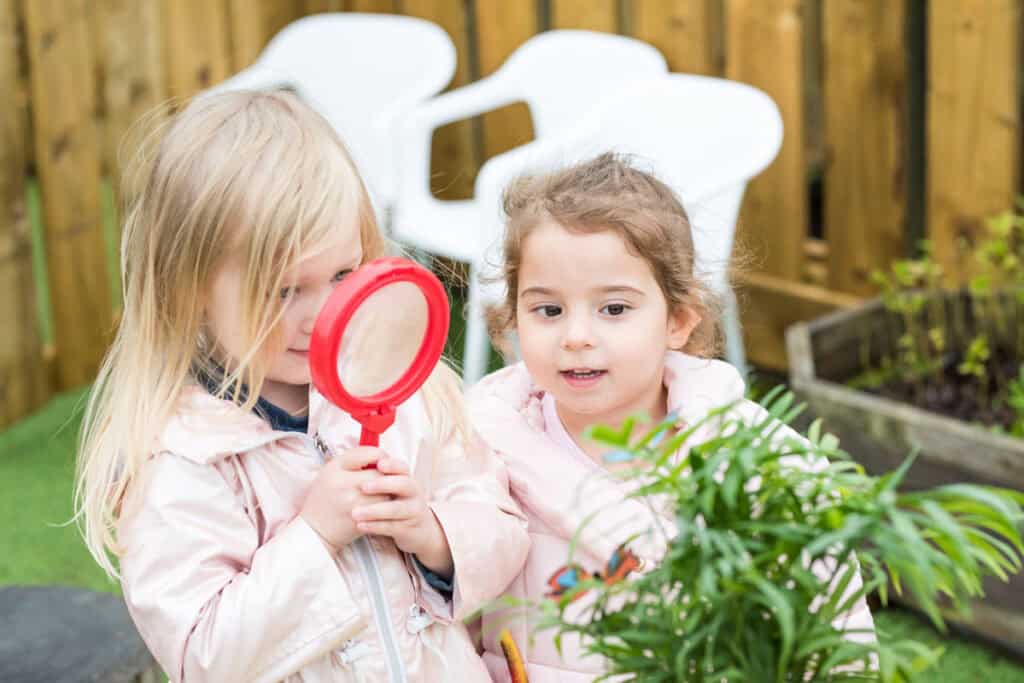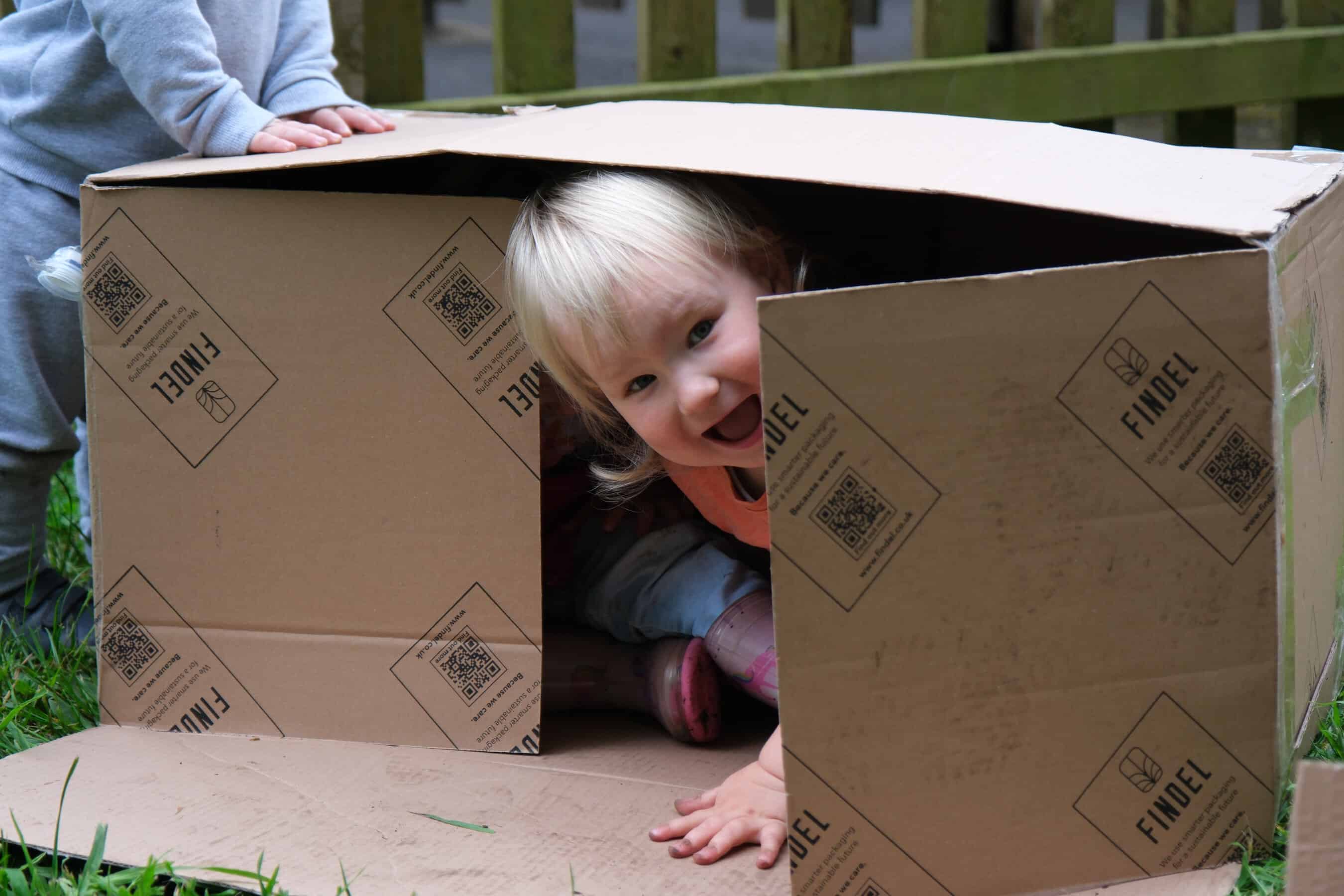Our Curriculum


Teaching and Learning
Teaching and learning takes place within a nursery’s curriculum. A curriculum is simply the framework for setting out the aims of teaching and learning in each setting, including the knowledge and skills we would like children to gain at each stage of their time with us. At Thrive we pride ourselves on providing inspiring and varied learning opportunities through our curriculum, which allows children to experience the awe and wonder of the world every day. Each nursery will have their own ‘Curriculum Intent’ or ‘Curriculum Rationale’ which reflects the uniqueness of the setting whilst still operating under the wider, Thrive ethos and values.
Our Values
- Children first every time
- Deliver every day with passion
- Be a positive role model
- Teamwork
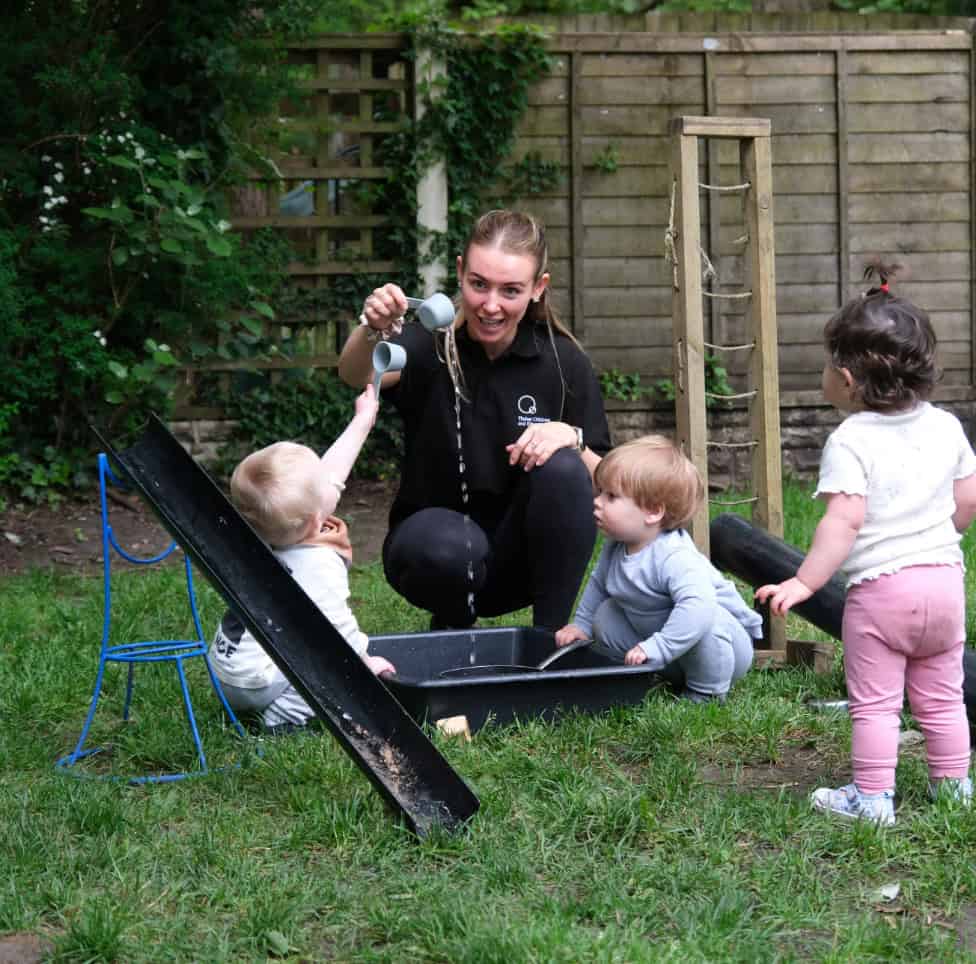
Physical Development and Physical Literacy
Physical Development is the use of our bodies and the acquisition of movement skills to develop control, co-ordination, spatial awareness, balance and core strength. Physical development is the bedrock of all learning and links intrinsically to physical health and emotional wellbeing.
At Thrive Childcare and Education we are committed to ensuring children are physically active from birth and meet the Chief Medical Officer’s (2011) guidelines of a minimum of 3 hours per day.
The following three principles provide the foundation to support our varied roles.
- I need physical activity opportunities from birth, through floor play in safe environments
- My nursery is committed to ensuring that I can choose to be physically active for a minimum of three hours a day
- Don’t keep me restrained or sitting for extended periods, it’s not good for me
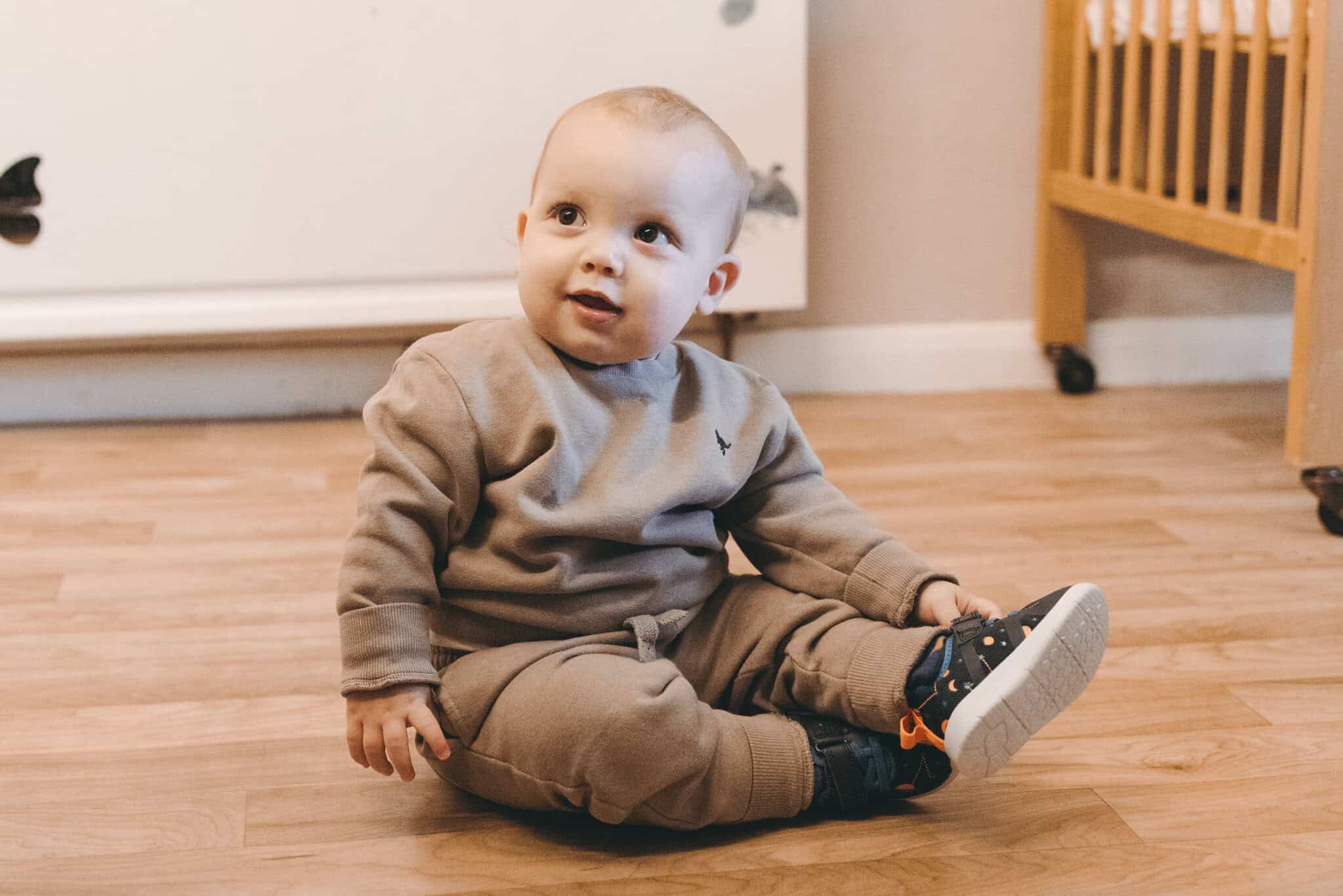
Birth to 5 Matters (England)
We are committed to providing learning and development for every child in our care through positive relationships and enabling environments.
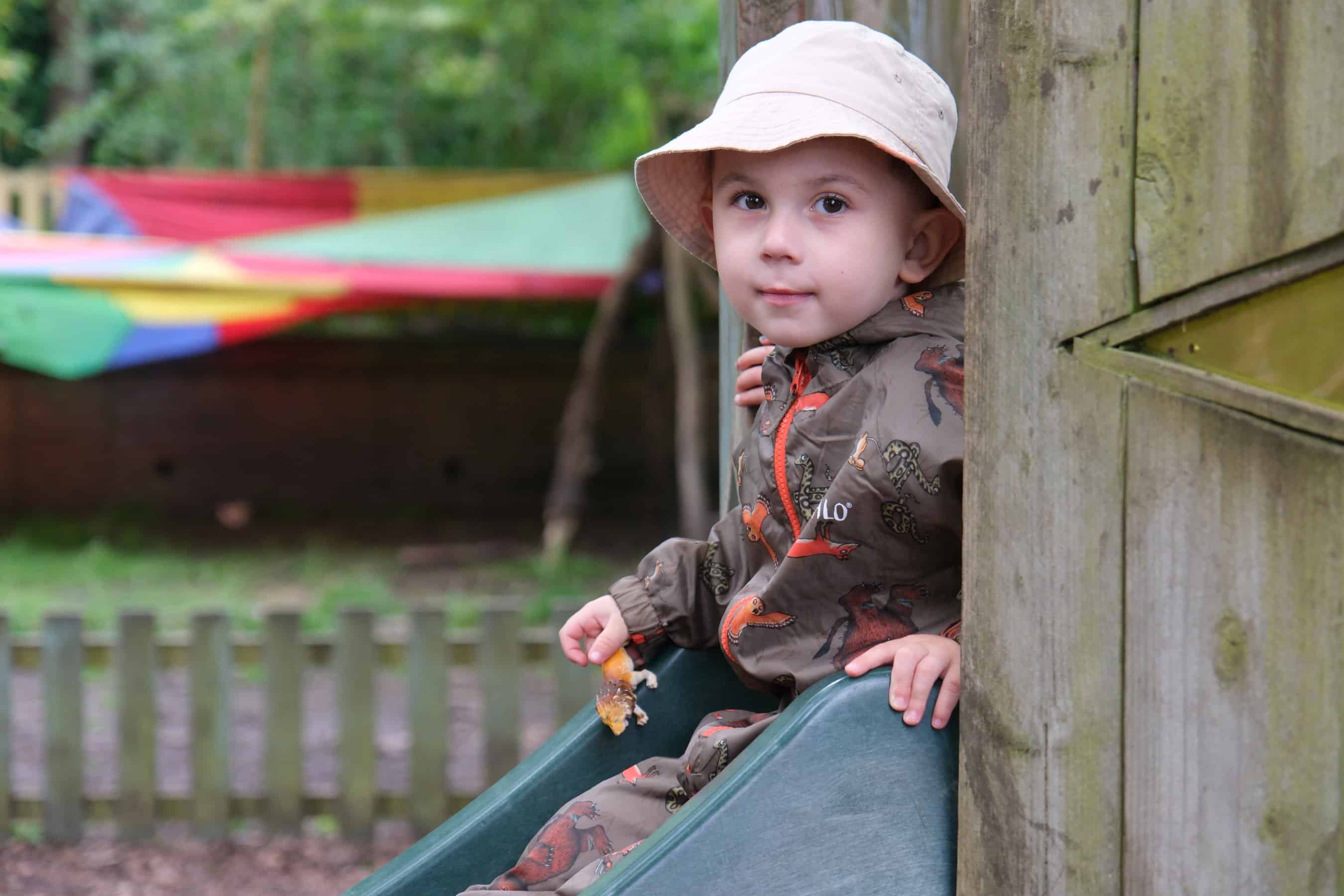
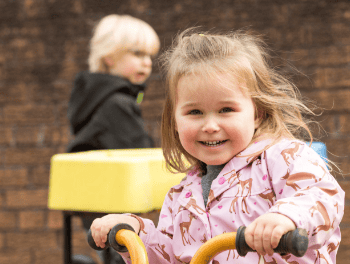
Realising the Ambition (Scotland)
This document presents key information about the characteristics of child development based on research and evidence. It explores the range of interactions, experiences and spaces we need to provide for babies and young children to help them learn and grow best from their earliest days through to being a young child in early primary school.
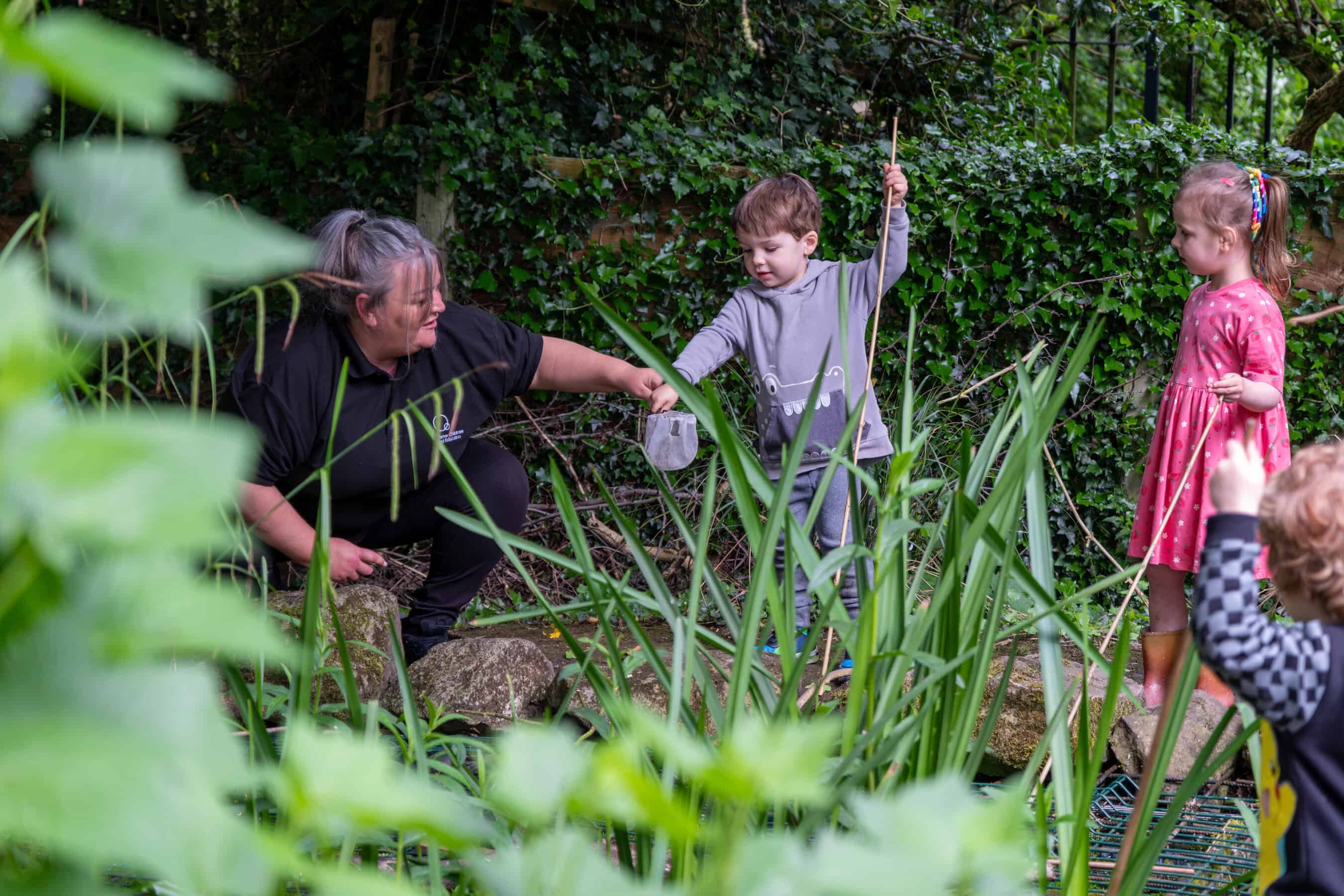
Conservation Champions
Conservation Champions is an initiative that allows our ethos of being kinder to our planet to be cascaded throughout our settings and ensuring we take action, making small changes every day.
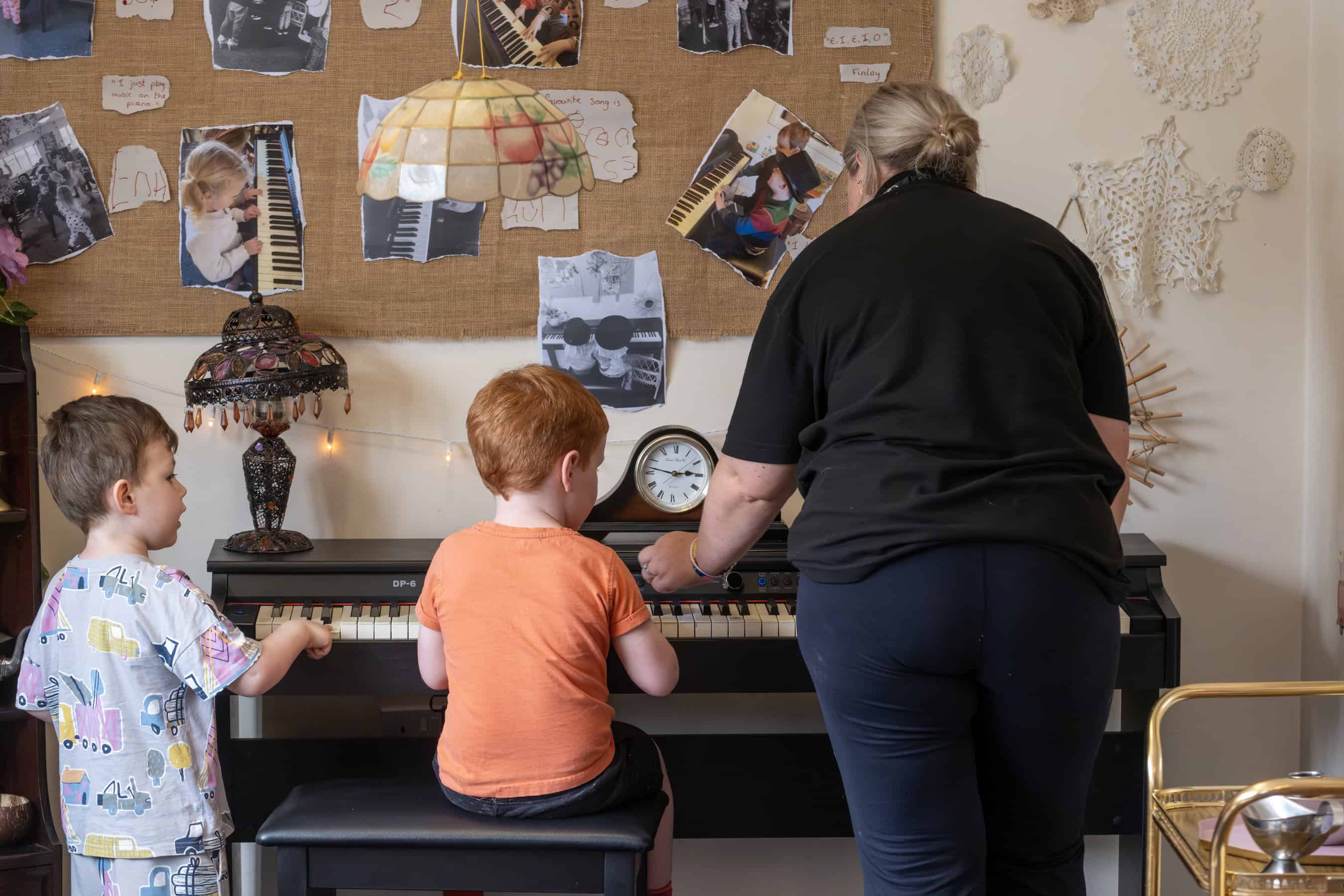
Curriculum for Excellence (Scotland)
Curriculum for Excellence – helps our children gain the knowledge, skills and attributes needed for life in the 21st century and develop successful learners, confident individuals, responsible citizens and effective contributors.

Learning Through Play
Playing is a natural and enjoyable way for children to keep active, stay well and be happy. Freely chosen play helps children and young people’s healthy development. To have good physical and mental health and to learn life skills, they need various unstructured play opportunities from birth until they’re teenagers.

Nature Kindergarten
Our Nature Kindergarten ethos derives from various outdoor learning philosophies and practices, including Forest School, Forest Kindergarten, Beach School, Nature School and Te Whariki.
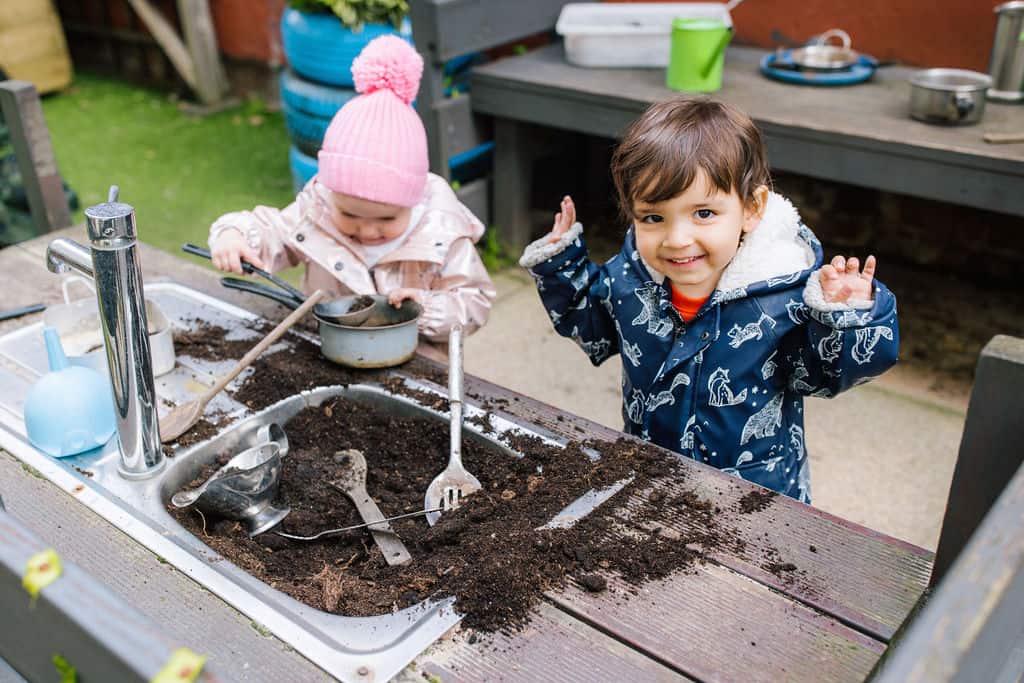
STEM Framework
“Science and technological discovery are driving progress and positive change. They are fuelling innovation that is leading to continual transformation in the way that most of us lead our lives.” (CfE Briefing Paper: Sciences for all, 2013)
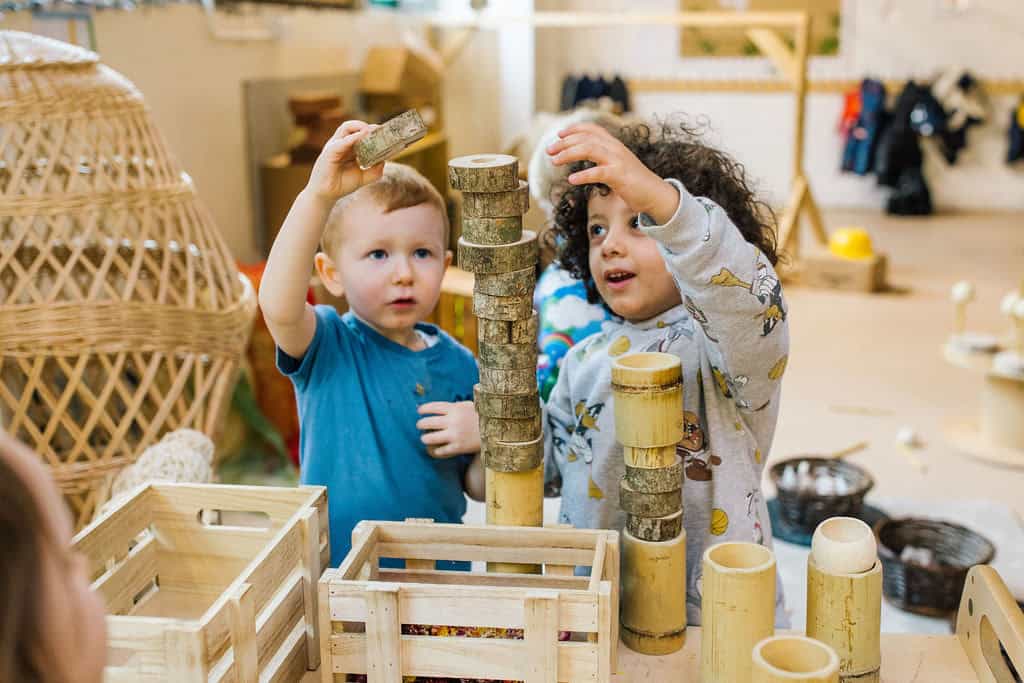
Schematic play
Children use schemas to guide them in their questioning, predicting, imagining, and speculating as they encounter new challenges, experiences, resources and materials.
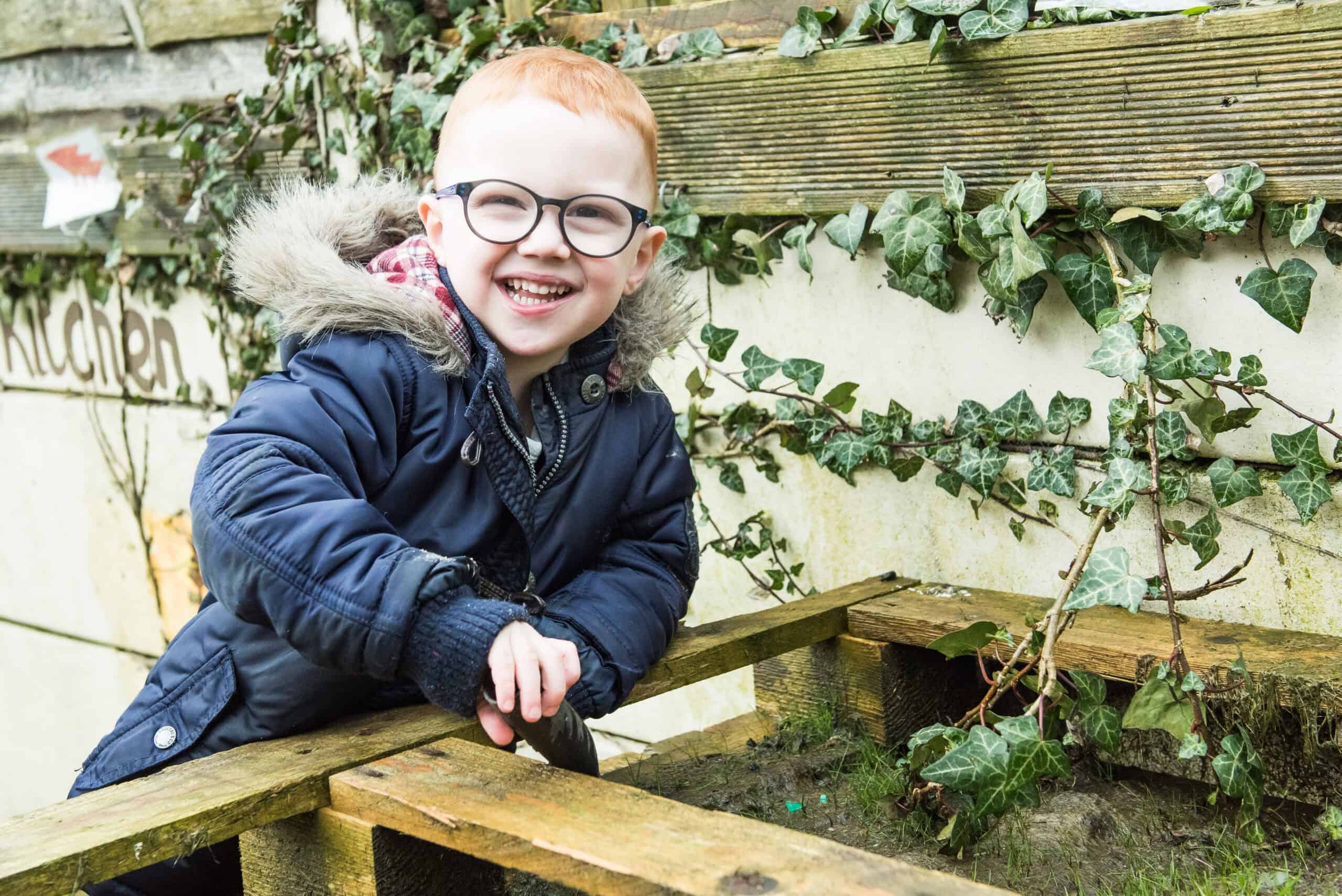
Birth To 5 Matters
Principles of the EYFS
The four principles of the EYFS underpin all the guidance in Birth to 5 Matters, which is designed to show how these principles work together for children in the EYFS.
All children develop in different ways and development is not a linear or automatic process. It depends on each unique child having opportunities to interact in positive relationships and enabling environments that encourage their engagement and recognise their strengths. All children have agency and curiosity to learn, and will interact with other people and the world around them in different ways. Understanding these different ways of knowing about the world is central to understanding who children are and how best to support their development (Birth to 5 Matters, 2021).
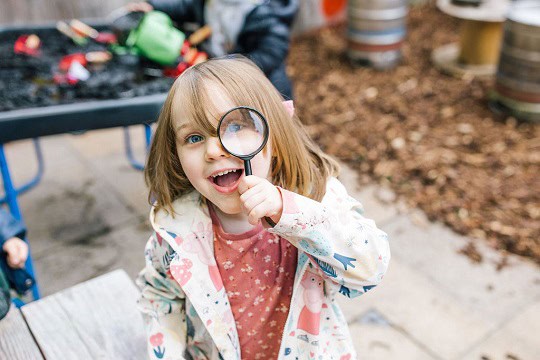
A Unique Child
Every child is a unique child, who is constantly learning and who can be resilient, capable, confident and self-assured.
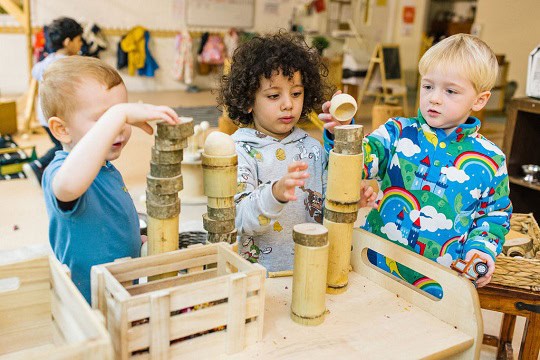
Positive Relationships
Children learn to be strong and independent through positive relationships.
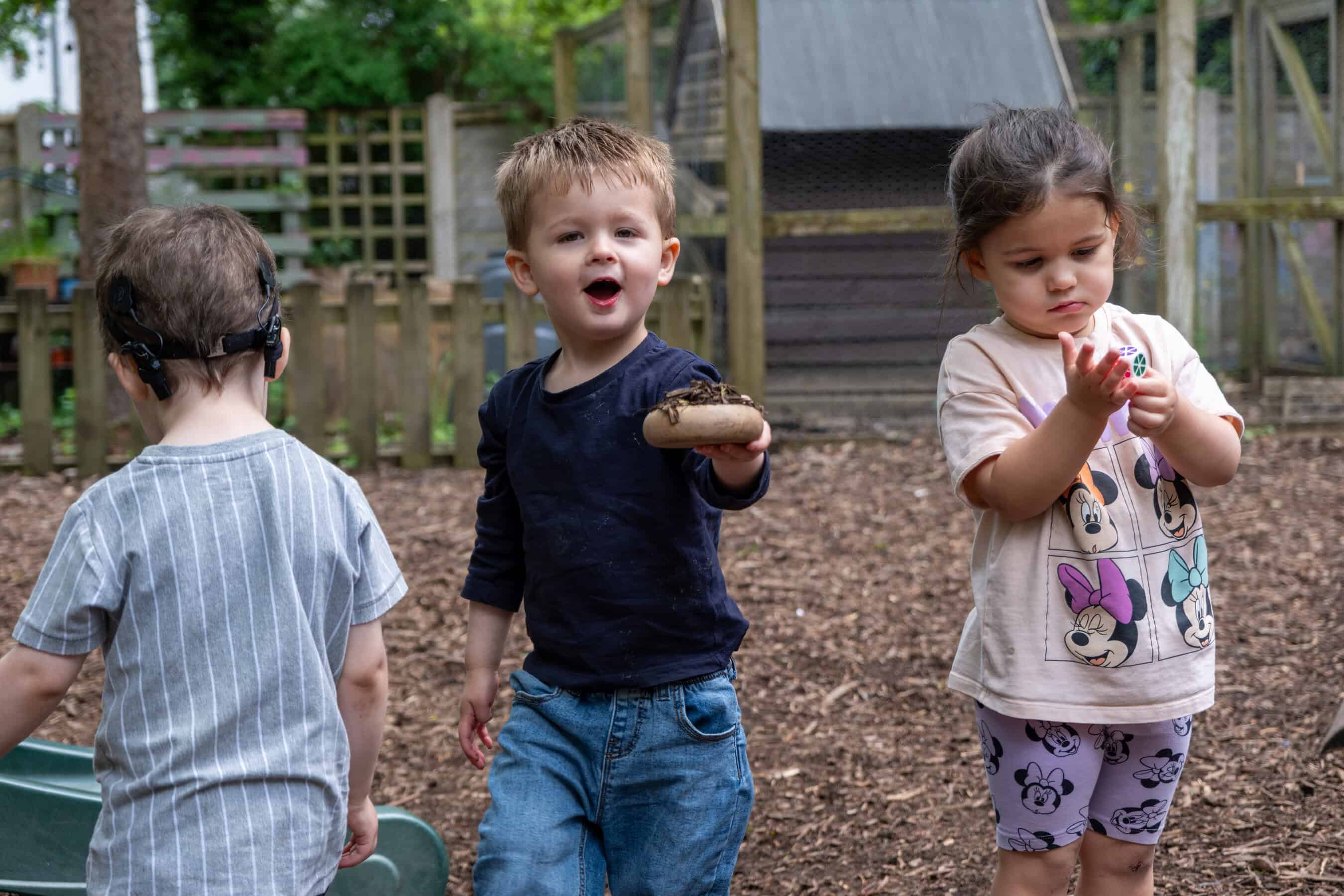
Enabling Environments
Children learn and develop well in enabling environments with teaching and support from adults, who respond to their individual interests and needs and help them to build their learning over time.

Learning and Development
Recognise the importance of learning and development. Children develop and learn at different rates
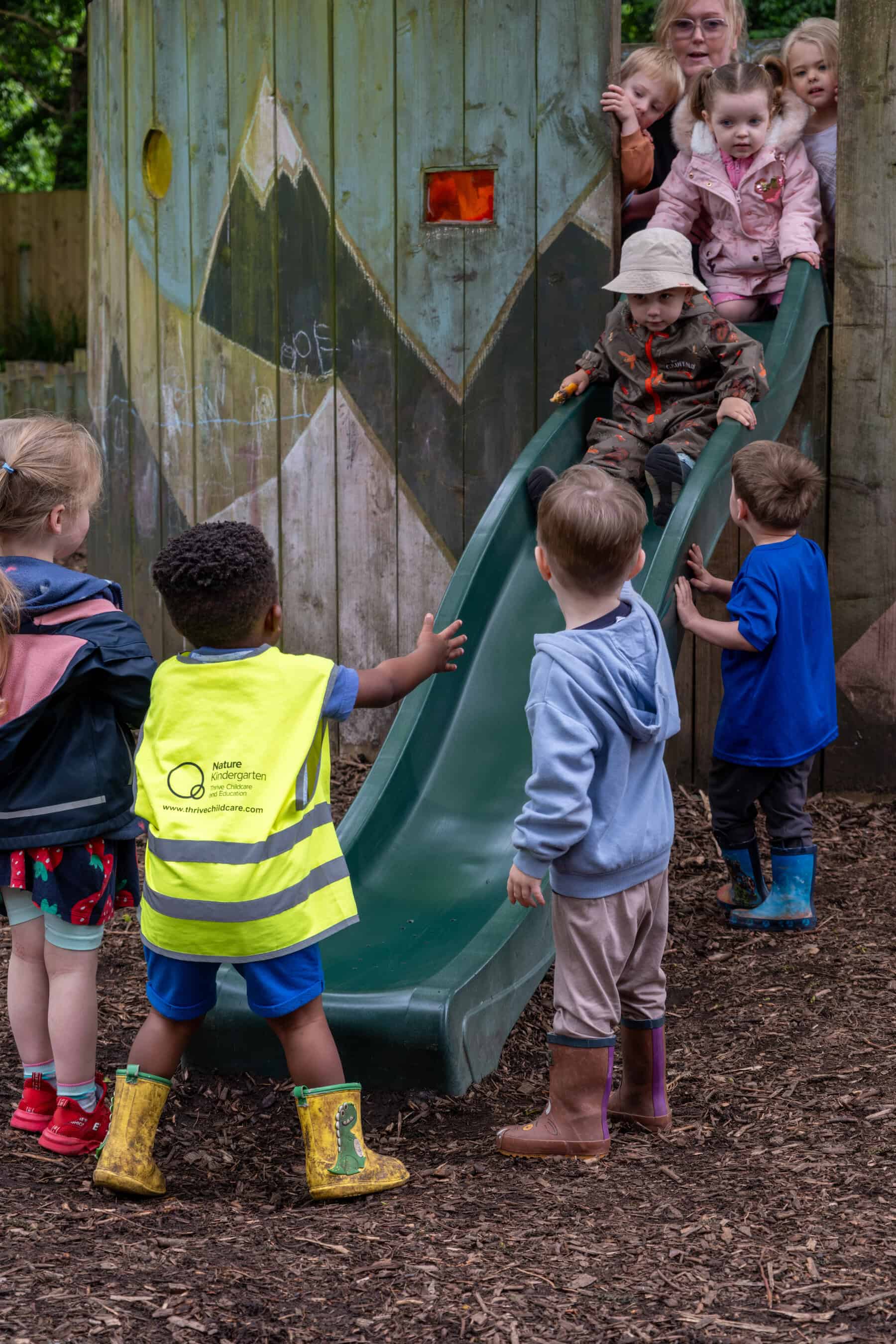
Learning Through Play
Playing is a natural and enjoyable way for children to keep active, stay well and be happy. Freely chosen play helps children and young people’s healthy development. To have good physical and mental health and to learn life skills, they need various unstructured play opportunities from birth until they’re teenagers.
Play improves the cognitive, physical, social, and emotional well-being of children and young people. Through play, children learn about the world and themselves. They also learn skills they need for study, work and relationships.
- Confidence
- Self-esteem
- Resilience
- Interaction
- Social skills
- Independence
- Curiosity
- Coping with challenging situations

Nature Kindergarten
Our Nature Kindergarten ethos derives from various outdoor learning philosophies and practices, including Forest School, Forest Kindergarten, Beach School, Nature School and Te Whariki.
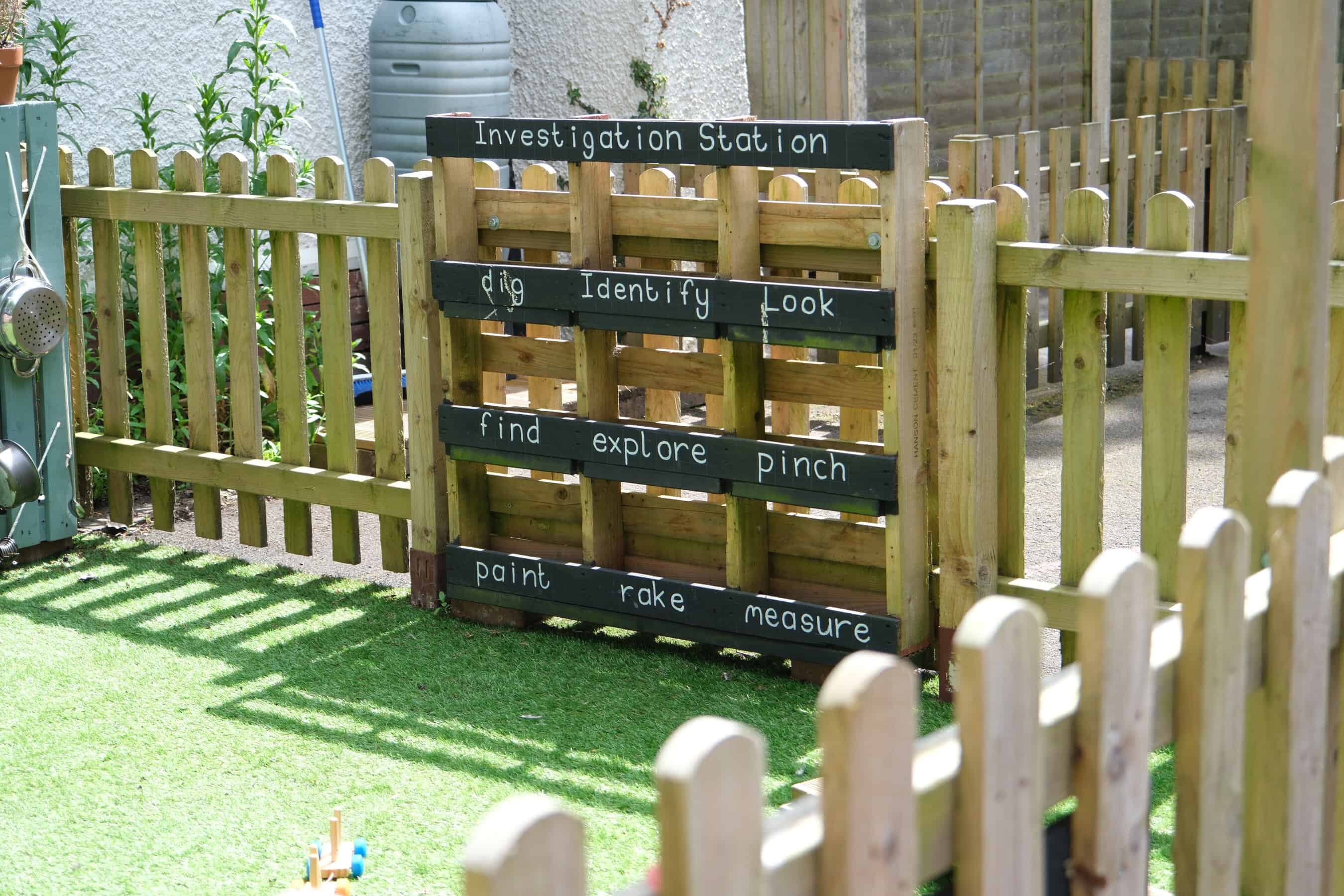
STEM Framework
“Science and technological discovery are driving progress and positive change. They are fuelling innovation that is leading to continual transformation in the way that most of us lead our lives.” (CfE Briefing Paper: Sciences for all, 2013)
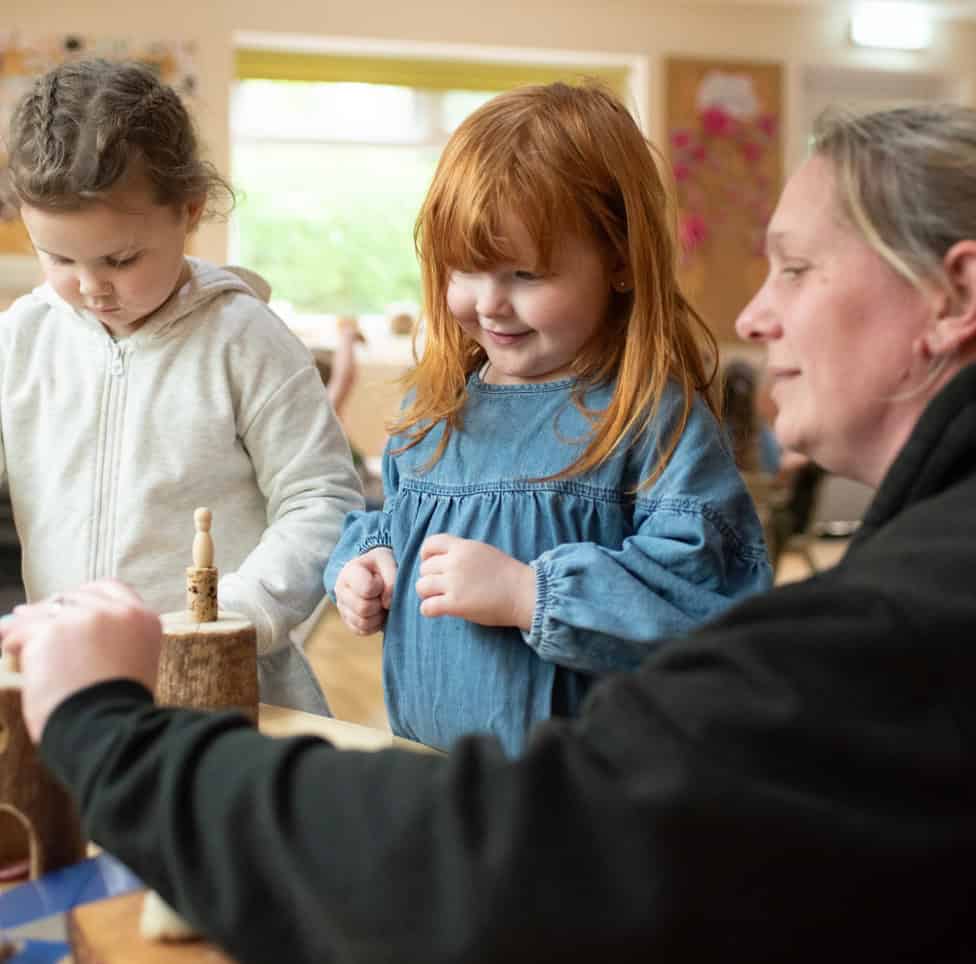
Schematic play
Children use schemas to guide them in their questioning, predicting, imagining, and speculating as they encounter new challenges, experiences, resources and materials.
Freely chosen play
Freely chosen play is when a child decides and controls their play following their own instincts, imagination and interests. They play without being led by adults. There’s no right or wrong way to play. Freely chosen play improves children’s health, well-being and development (Early Years Foundation Stage).

